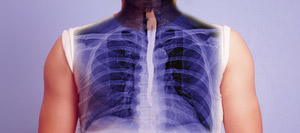Home » Jamaica NY Barrett's Esophagus Treatment
You cannot copy content of this website, your IP is being recorded
Barrett’s Esophagus Treatment Specialist at Digestive Disease Care
Common Questions Asked by Patients: What is Barrett’s esophagus? Who gets Barrett’s esophagus? What causes Barrett’s esophagus?
Barrett’s esophagus is a condition in which tissue that is similar to the lining of your intestine replaces the tissue lining your esophagus. Get comprehensive and specialized care at Digestive Disease Care (DDC). For more information, contact us today or schedule an appointment online. We have convenient locations to serve you in Babylon NY, East Setauket NY, Forest Hills NY, Jamaica NY, Jericho NY, Lake Success NY, Melville NY, Mineola NY, Massapequa NY and New Hyde Park NY.

Additional Services You May Like

Additional Services You May Like










